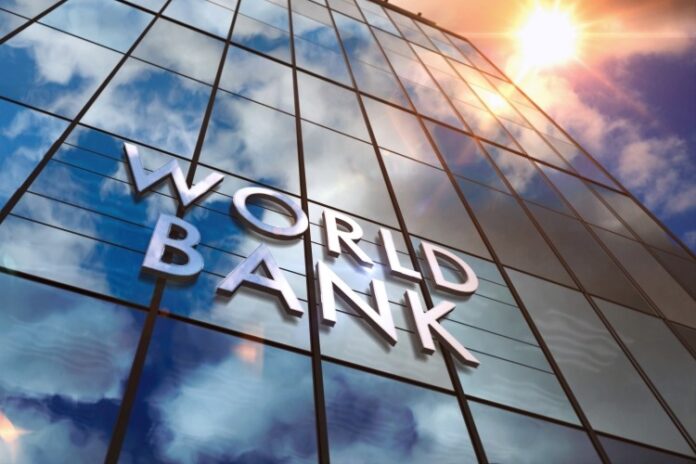The World Bank Board of Executive Directors has approved US$360 million in funding from the International Development Association (IDA) to support Ghana’s ongoing efforts to restore macroeconomic stability and build a more resilient economy capable of creating jobs and withstanding future economic shocks.
The approval marks a sign of international confidence in Ghana’s recovery trajectory and commitment to implementing the structural changes necessary for sustainable economic recovery.
This also comes on the heels of recent Fitch Ratings upgrade of the country’s creditworthiness and improvements in some macroeconomic indicators, especially the gains of the cedi against its major trading currency, the Dollar.
The US$360m is the Second Resilient Recovery Development Policy Financing operation, which builds on previous reform efforts undertaken in coordination with the International Monetary Fund (IMF) and earlier World Bank development policy operations.
Specific reforms from the funding will go to promoting fiscal discipline and greater domestic revenue mobilisation to enhance the stability of the financial sector and promote private investment for a private-sector-led growth.
It is also aimed at supporting measures to improve the financial sustainability of the energy sector, ensuring efficient management and operations, social resilience and integrating climate-related considerations into public policy, to propel sustainable development.
Dr. Cassiel Ato Baah Forson, Minister of Finance, attributed the financial assistance from the World Bank to the successful implementation of ongoing reforms under the IMF programme and the Development Policy Operations (DPO) series, which has strengthened macroeconomic stability.
Dr. Ato Forson added that the recent positive economic outlook of the country has also restored investor confidence, laying a solid foundation for sustained economic recovery and inclusive growth.
“We are confident that the measures supported by this DPO will help our efforts to enhance fiscal discipline and build a more resilient and inclusive economy, capable of withstanding future shocks,” he stated.
Robert Taliercio, World Bank Division Director for Ghana, Liberia and Sierra Leone, emphasised the urgency of these reforms for long-term economic sustainability.
“Entrenching fiscal and debt sustainability, improving the business environment to attract investment and create jobs, addressing the long-rooted energy sector challenges, and protecting the most vulnerable – measures supported by this financing – continue to be urgent priorities for Ghana,” he said.
The World Bank Division Director said the reforms were essential steps for the country to revitalise its domestic private sector, build resilience against climate change, and improve the quality of life of its people.
“We look forward to continuing to support Ghana to accelerate and deepen these reforms going forward,” he said, noting that the funding was part of an ongoing partnership rather than a one-time intervention.
The US$360m approved under the Resilient Recovery Development Policy Operation is the second in a series of three operations totalling US$900 million and part of a broad World Bank engagement in support of crisis response and resilience in Ghana.
It focuses on four key areas critical to Ghana’s economic transformation: fiscal sustainability, financial sector stability, energy sector reform, and social and climate resilience.
The programme aims to revitalise the country’s domestic private sector, which has been identified as crucial for sustainable job creation and economic growth.
The focus on the private sector was to ensure a reduction in Ghana’s reliance on government-driven economic activity and create a more dynamic business environment that can attract both domestic and foreign investment.
GNA


